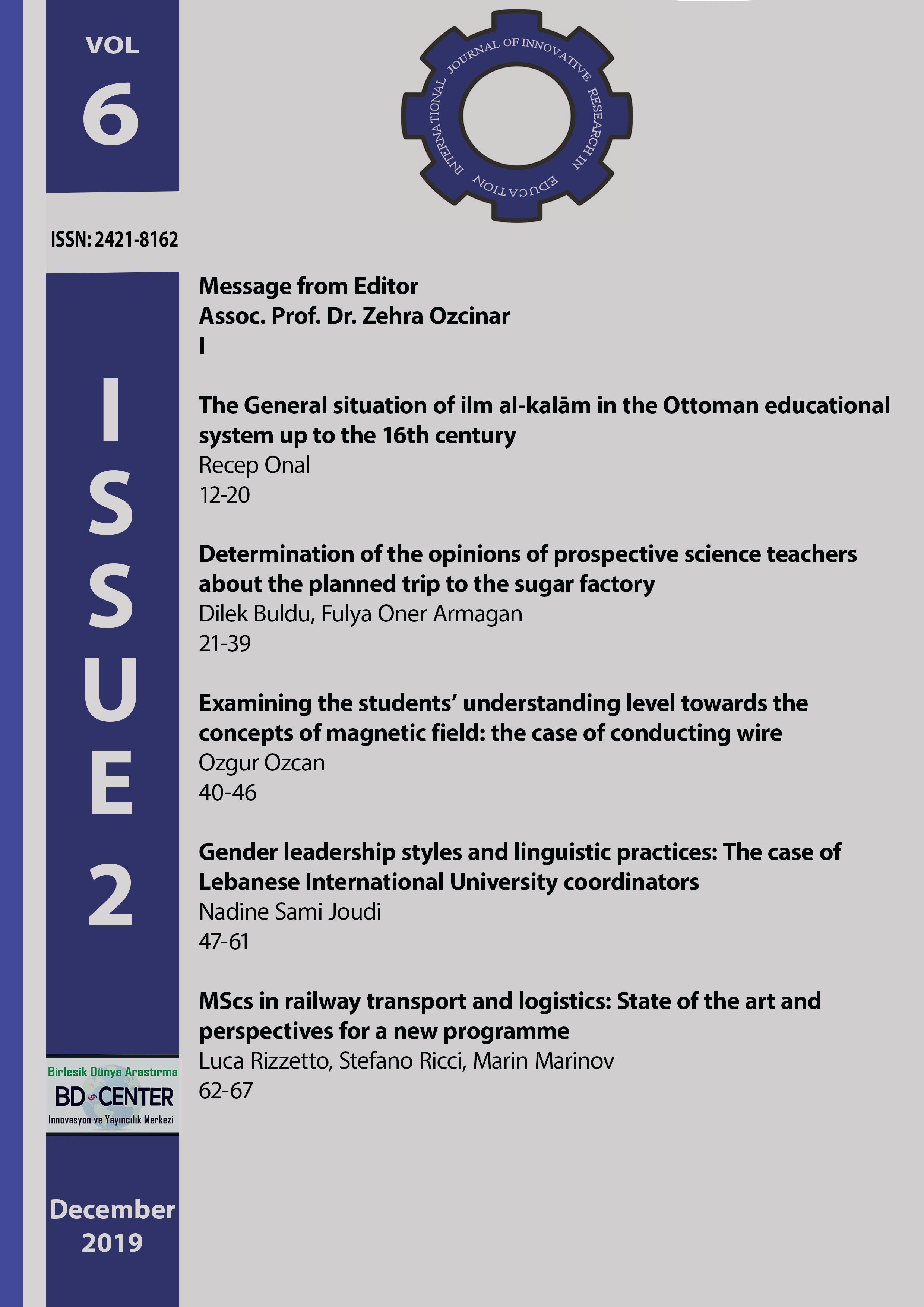
International Journal of innovative Research in Education
Yazarlar: Sibel Ada
Konular:-
Anahtar Kelimeler:Problem solving,Multi-group structural equation,PISA 2012,Perseverance,Openness for problem solving.
Özet: Problem solving is a systematic process followed to reach a solution, and it contains some mental processes such as discovering and analysis. Problem solving is important for modern World requiring higher-level cognitive processes to live. In PISA 2012, the two indices (were developed for recognition of the increasing importance of problem solving. One of the main challenges of an international study such as PISA, is to perform validity and applicability studies in different cultures. In this study, for Turkey and countries determined by some certain criteria, it was intended to determine whether items used for measuring problem solving skill measured the same psychological construct. Multi-group structural equation modeling was used as the analysis method. The results of the analysis indicated that same psychological features were measured in the same manner for Turkey and Italy-Finland-USA but same psychological features were not measured in the same manner for Turkey and other countries.